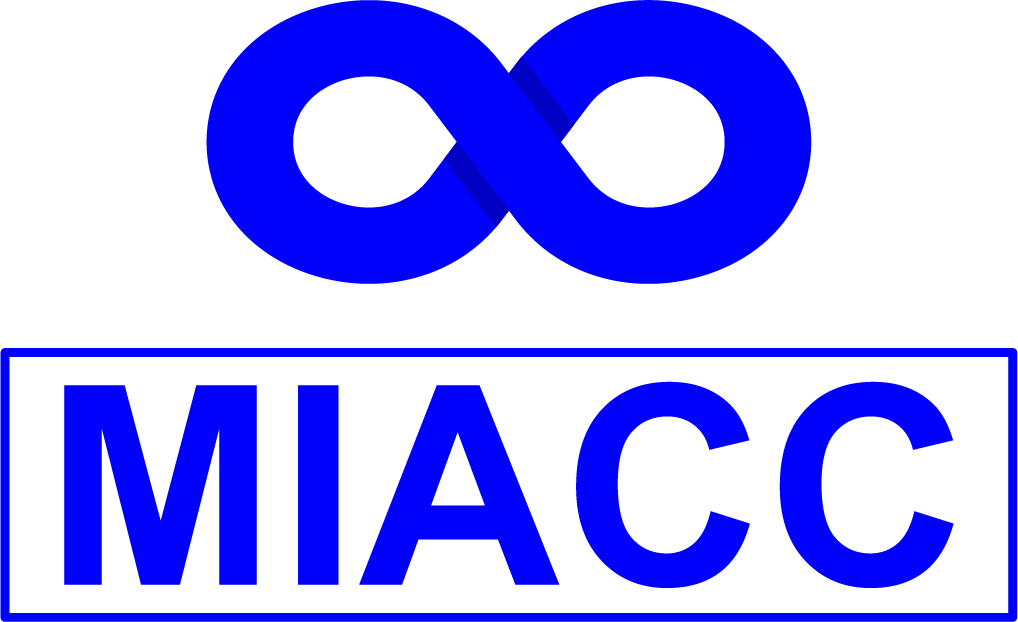
Relocating to a new country to further your education presents both exciting opportunities and significant challenges. Adjusting to a new educational system, unfamiliar cultural norms, and often a different language can make academic success seem daunting. However, research indicates that students who actively adapt and seek support can not only thrive but also excel in their studies. In this article, we explore how students can overcome these challenges and achieve academic success in a foreign country.
Understanding the New Educational System
A key factor for success is understanding the structure and expectations of the host country’s education system. Different countries have varying approaches to assessment, classroom participation, and academic integrity. For example, the British education system emphasizes independent learning and critical thinking, whereas other systems might focus more on rote learning or continuous assessment (OECD, 2022). To succeed, students must familiarize themselves with these expectations early on.
According to a survey by the OECD, students who actively seek to understand their new academic environment are 25% more likely to achieve high grades than those who do not (OECD, 2022). Attending orientation sessions, reviewing course outlines carefully, and meeting with academic advisors are essential steps. Furthermore, connecting with peers who have been in the system longer can offer invaluable insights into how best to approach studies in the new setting.
Building Strong Relationships with Faculty
Developing strong relationships with faculty is another crucial factor. Research shows that students who engage regularly with their professors and academic advisors are more likely to succeed. A study by Tinto (2020) found that students who built close ties with their instructors were 30% more likely to persist through difficult courses and achieve academic success. These interactions help students better understand course expectations, receive timely feedback, and even access opportunities for mentorship.
It is advisable for students to attend office hours, actively participate in discussions, and seek out faculty advice when faced with academic challenges. Building these relationships can also be particularly helpful in securing letters of recommendation or access to research opportunities.
Overcoming Language Barriers
Language proficiency is often a significant hurdle for international students. A report by the British Council (2020) noted that over 60% of international students reported language difficulties as their primary challenge in their first year abroad. However, language skills can be improved over time with dedication and the right resources.
Students are encouraged to engage in English (or the host language) as much as possible, both inside and outside the classroom. Language support services, commonly offered by universities, can also be a lifeline. These programs, which often include writing centers and language workshops, help students improve their academic writing and comprehension skills. Research by Andrade (2019) highlights that international students who attended language workshops saw their academic performance improve by 15-20% over one semester.
Utilising Support Networks
Creating a support network is essential for emotional well-being and academic success. The International Student Survey (2021) found that students who participated in peer mentorship programs, student clubs, and support groups reported higher levels of academic achievement and satisfaction. Being part of a supportive community helps students feel less isolated, reduces stress, and provides access to resources that may otherwise be overlooked.
Many universities offer mentorship programs where new students are paired with those who have been in the country longer. This provides an opportunity to ask questions and gain advice about navigating both academic and everyday life in a new country. Beyond peer support, most institutions have counseling services that provide guidance on managing academic pressures and cultural adjustment.
Time Management and Self-Discipline
Effective time management is another key to academic success, particularly for students adjusting to a new system. A study by Eom and Ashill (2016) revealed that students with strong time management skills are 42% more likely to achieve higher grades than those without. This is especially important for international students, who often have to juggle studying with adapting to a new culture and possibly managing part-time work.
International students should develop a routine that prioritizes both academic responsibilities and personal well-being. Utilizing tools like digital calendars, study planners, and time-tracking apps can help keep students on top of deadlines and ensure they allocate enough time for self-study, which is crucial in many higher education systems.
Staying Resilient Through Challenges
Adapting to a new academic and social environment is not always easy, and it is important to remain resilient. A survey by the Institute of International Education (IIE, 2020) reported that 45% of international students experience academic challenges due to culture shock in their first semester. However, students who adopt a growth mindset—viewing challenges as opportunities for learning—are more likely to overcome these difficulties.
Resilience can be built by focusing on personal progress rather than perfection. Students should celebrate small achievements, seek help when needed, and maintain a balance between academic and personal life to avoid burnout.
Conclusion
Excelling academically in a new country is achievable with the right strategies and mindset. By understanding the educational system, building strong relationships with faculty, improving language skills, leveraging support networks, managing time effectively, and staying resilient, students can thrive in their academic pursuits abroad. While the challenges may be significant, the rewards of academic and personal growth are well worth the effort.
References:
Andrade, M.S. (2019) ‘International students in English-speaking universities: Adjustment factors’, Journal of International Students, 9(3), pp. 776–798.
British Council (2020) The experience of international students in the UK, British Council. Available at: https://www.britishcouncil.org.
Eom, S.B. and Ashill, N. (2016) ‘The determinants of students’ perceived learning outcomes and satisfaction in university online education: An update’, Decision Sciences Journal of Innovative Education, 14(2), pp. 185–215.
Institute of International Education (IIE) (2020) Open Doors Report on International Educational Exchange. Available at: https://www.iie.org/opendoors.
OECD (2022) Education at a Glance 2022. Paris: OECD Publishing. Available at: https://www.oecd-ilibrary.org/education.
Tinto, V. (2020) ‘Student retention and graduation: Facing the truth, living with the consequences’, Journal of Higher Education, 61(3), pp. 190–208.




